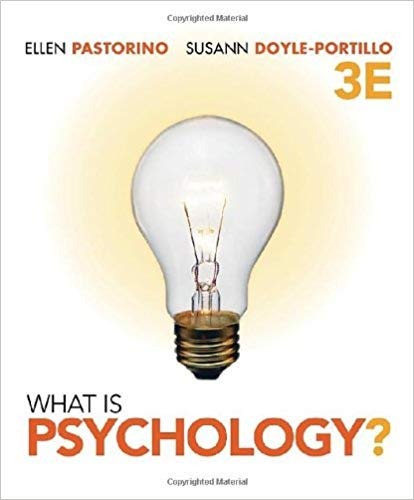1. A nurse is performing an admission assessment. The patient complains that it has been taking larger and larger amounts of medication to get the desired effect. Based on this information, the nurse interprets this as suggesting which of the following?
A) Desensitization
B) Tolerance
C) Therapeutic index
D) Toxicity
2. An older adult is complaining of anxiety is prescribed diazepam (Valium) by a family physician. The physician asks the office nurse to explain the problematic side effects of this medication to the patient. Which instruction would be most important for the nurse to emphasize about this drug?
A) “You may experience minor urine incontinence from time to time.”
B) “You may find that you have temporary memory disturbances.”
C) “You need to use this medication cautiously because it can cause dependence.”
D) “You may feel dizzy and be prone to falls after taking this medication.”
3. A nurse is caring for a psychiatric patient who is receiving an antacid that contains aluminum salts. Which action by the nurse would be most appropriate?
A) Give the antacid 1 hour before the antipsychotic medication.
B) Give the antacid at the same time as the antipsychotic medication.
C) Administer the antacid 1 hour after the antipsychotic medication.
D) Administer the antacid just before the patient goes to sleep.
4. A patient is prescribed medication for a psychiatric disorder. After 3 days, the patient tells the nurse that he or she has been constipated. Which instruction would the nurse give the patient?
A) “You need to eat more high-protein foods such as meat and peanut butter.”
B) “You need to eat more fruits and vegetables and drink more water.”
C) “Ask your psychiatrist to prescribe a stool softener for you.”
D) “This side effect should disappear within a week or so.”
5. The nurse is caring for a 70-year-old psychiatric patient who has been prescribed a number of medications. When teaching the patient about the medications, which explanation would be most appropriate?
A) “Your stomach empties more quickly as you age; therefore, you may feel the effect of your medications almost immediately.”
B) “Your entire GI system speeds up, so your medications are digested much more quickly. Therefore, it is important that you not drive after you take your medications.”
C) “Because of your age and related changes in liver functioning, you may have medication levels in your system with the potential to be toxic.”
D) “Because of age-related circulation changes, your body will be able to deliver therapeutic doses of your medication to select body sites more quickly.”
6. During the stabilization phase of drug therapy for a patient who is hospitalized with a psychiatric disorder, which action would be most appropriate?
A) Discussing the timing of tapering the medication
B) Instructing the patient about relapse prevention
C) Determining if the medication is losing its effect
D) Assessing the patient for target symptoms and side effects
7. A patient has been prescribed clozapine for treatment of schizophrenia. Which of the following would the nurse include in the teaching plan for this patient and family?
A) “You may experience hypertension while taking this medication.”
B) “One of the side effects of this medication is breast engorgement.”
C) “People taking this medication often experience dermatitis.”
D) “You may experience noticeable weight gain while taking this medication.”
8. A patient who has been taking clozapine for 6 weeks visits the clinic complaining of fever, sore throat, and mouth sores. The nurse notifies the patient’s physician because the nurse suspects which of the following?
A) Severe anemia
B) Neuroleptic malignant syndrome
C) Encephalitis
D) Agranulocytosis
9. A hospitalized patient who has been taking an antipsychotic medication for 2 weeks begins pacing and walking throughout the unit. He tells the nurse that he “cannot sit still.” The nurse documents this finding as which of the following?
A) Akinesia
B) Dystonia
C) Pseudoparkinsonism
D) Akathisia
10. The nurse observes an older adult patient who has been taking antipsychotic medications for 8 months. The patient is smacking her lips and blinking her eyes rapidly. The nurse also observes a protruding tongue. Which action by the nurse would be most appropriate?
A) Ask if the patient has been experiencing side effects.
B) Contact the patient’s physician for a different medication order.
C) Document the patient’s symptoms of tardive dyskinesia.
D) Instruct the patient to begin tapering off the medication.
Answer Key
1. B
2. D
3. A
4. B
5. C
6. D
7. D
8. D
9. D
10. C













Reviews
There are no reviews yet.